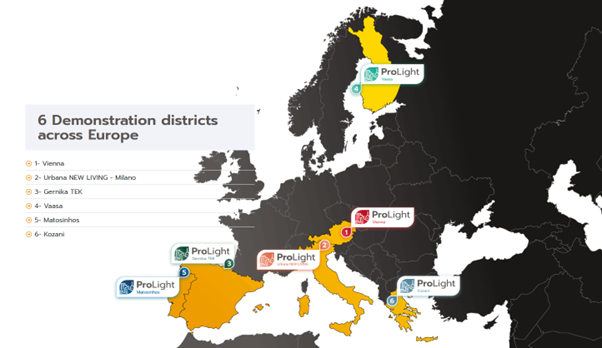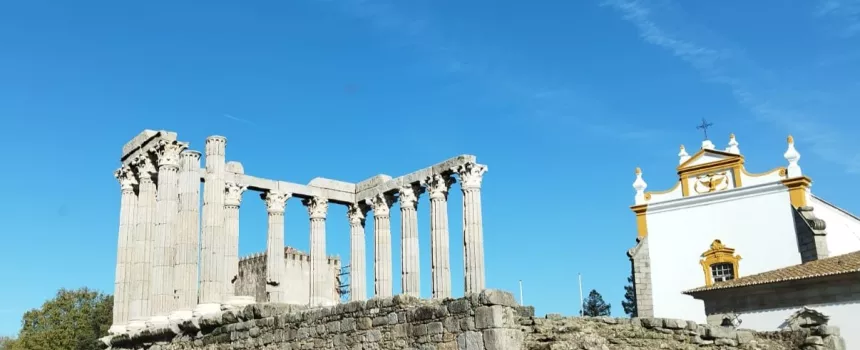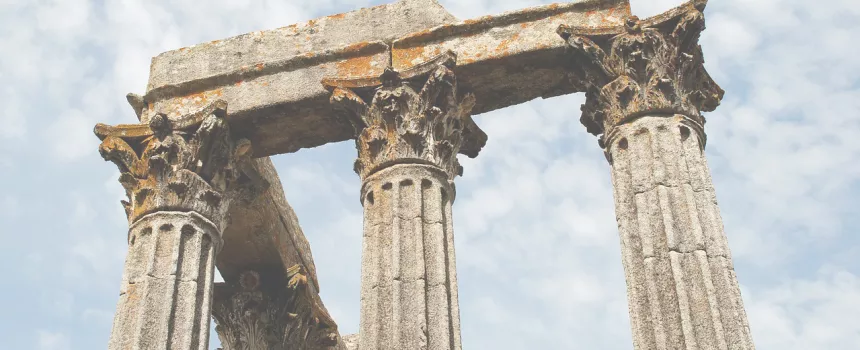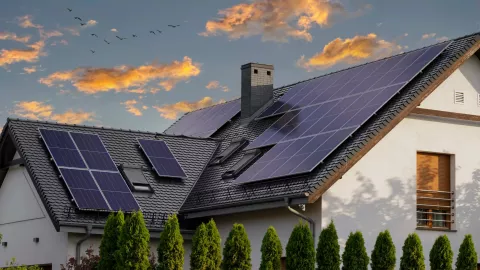Energy poverty is a pressing societal challenge affecting millions of people in the EU, sparking research topics and policy developments. Can Renewable Energy Communities power the solution?
According to EUROSTAT, in 2022, 41 million individuals in the EU were unable to adequately heat their homes, accounting for 9.3% of the total EU population and rising up to 17% in Portugal, as also highlighted in SocialWatt´s policy briefs, one of NEW’s R&D projects.
Renewable Energy Communities (RECs), beyond producing energy, intend for environmental, economic, or social community benefits, while empowering its members in energy transition. Thus, RECs in its genesis are pivotal in alleviating energy poverty by ensuring reliable and affordable electricity supply, through locally sourced energy. Furthermore, REC may provide additional revenue possibilities for economically vulnerable communities by means of innovative financing schemes and business models.
EDP NEW participates in HE funded R&D projects ProLight and Eyes Hearts Hands: Urban Revolution, which include the assessment of RECs establishment in economically vulnerable settings. Additionally, business models will be developed that consider e-mobility and storage solutions as means to increase financial viability and create further revenue streams. Beyond REC creation, two social housing districts in Porto (PT) are being renovated (e.g. upgrading insulation and glazing) aiming to increased thermal comfort and, ultimately, relieving energy poverty situations.

Image sourced from the ProLight project website.
As part of POCITYF project, a Peer-to-Peer (P2P) platform for energy sharing and trading within communities was developed that also allows P2P energy donation enhancing social engagement and responsibility while supporting low income families.
Further financing and social impact models can be explored, such as the renting/lending of social housing roofs to utilities which could then direct proceeds to building renovation works.
There are already implemented projects where innovative models are being used to promote RECs and social impact. EDP has been championing such projects, through actions ranging from awareness raising to the implementation of communitarian renewable energy projects, as the Barrio Solar in Zaragoza (ES), where vulnerable households receive REC energy for free and without any investment. Solar Solidarity is a project by Fundação EDP for supporting welfare institutions and families through self and community consumption PV systems. One example is the action in Cova da Moura, that provided self-consumption systems and appliances upgrades to 150 families, developed in close cooperation with local solidarity associations.
There is still road to tread in tackling energy poverty and for widespread REC implementation. But, as we are treading it, we know that tomorrow the Sun will rise again for all!
Example of the intervention in Bairro do Sobreiro (Portugal), as part of the EHHUR project (the before and after).
Continue reading

Promising solutions to enhance energy communities


